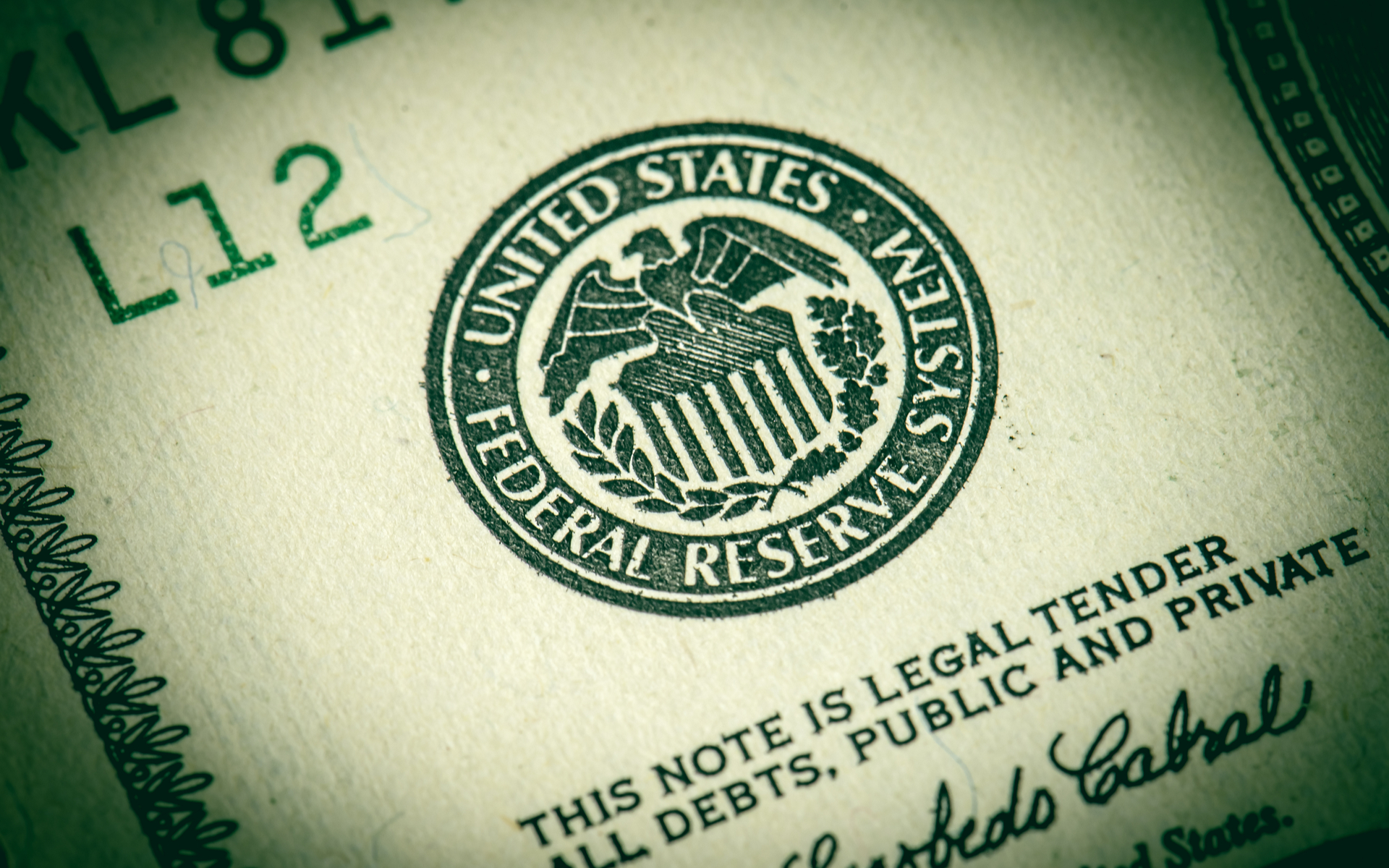PALO ALTO, Calif. (Reuters) - The Federal Reserve is taking a look at a broad variety of concerns around digital payments and currencies, including policy, design and legal considerations around possibly releasing its own digital currency, Governor Lael Brainard said on Wednesday. Brainard's remarks suggest more openness to the possibility of a Fed-issued digital coin than in the past." By transforming payments, digitalization has the possible to deliver greater worth and benefit at lower expense," Brainard stated at a conference on payments at the Stanford Graduate School of Business.
Reserve banks internationally are disputing how to manage digital finance technology and the distributed journal systems utilized by bitcoin, which guarantees near-instantaneous payment at potentially low cost. The Fed is developing its own day-and-night real-time payments and settlement service and is presently evaluating 200 remark letters sent late last year about the suggested service's style and scope, Brainard said.
Less than 2 years ago Brainard informed a conference in San Francisco that there is "no compelling showed need" for such a coin. However that was before the scope of Facebook's digital currency ambitions were commonly understood. Fed authorities, including Brainard, have actually raised issues about consumer protections and information and privacy risks that might be postured by a currency that might enter into use by the 3rd of the world's population that have Facebook s3.us-west-1.amazonaws.com/palmbeachresearchgroup7/index.html accounts.
" We are working together with other reserve banks as we advance our understanding of central bank digital currencies," she said. With more countries checking out releasing their own digital currencies, Brainard said, that contributes to "a set of factors to also be making certain that we are that frontier of both research study and policy advancement." In the United States, Brainard stated, concerns that need study include whether a digital currency would make the payments system safer or simpler, and whether it might posture financial stability dangers, including the possibility of bank runs if money can be turned "with a single swipe" into the reserve bank's digital currency.
To counter the financial damage from America's unprecedented national lockdown, the Federal Reserve has taken unmatched actions, including flooding the economy with dollars and investing directly in the economy. Many of these relocations got grudging acceptance even from many Fed skeptics, as they saw this stimulus as required and something just the Fed could do.
My new CEI report, "Government-Run Payment Systems Are Risky at Any Speed: The Case Against Fedcoin and FedNow," information the risks of the Fed's present plans for its FedNow real-time payment system, and propositions for central bank-issued cryptocurrency that have actually been dubbed Fedcoin or the "digital dollar." fedcoin announced In my report, I go over issues about personal privacy, information security, currency control, and crowding out private-sector competitors and development.
Advocates of FedNow and Fedcoin say the federal government should produce a system for payments to deposit quickly, instead of encourage such systems in the private sector by lifting regulative barriers. But as kept in mind in the paper, the private sector is offering an apparently unlimited supply of payment technologies and digital currencies to fix the problemto the extent it is a problemof the time gap between when a payment is sent and when it is gotten in a bank account.

And the examples of private-sector innovation in this area are lots of. The Clearing Home, a bank-held cooperative that has been routing interbank payments in various forms for more than 150 years, has actually been clearing real-time payments considering that 2017. By the end of 2018 it was covering 50 percent of the deposit base in the U.S.